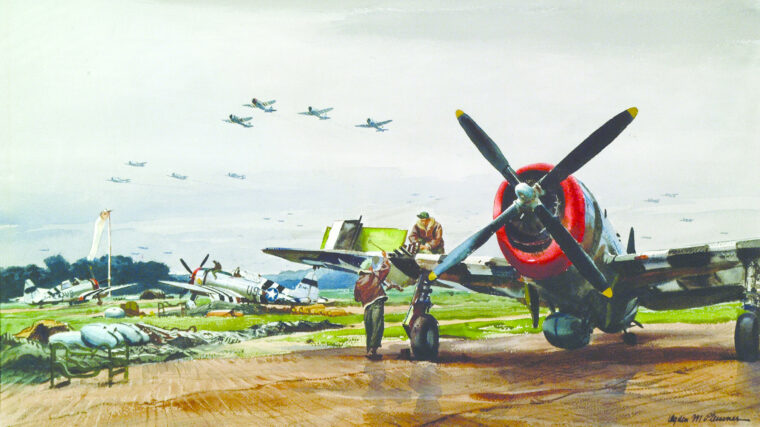
North Africa
Were P-47 Thunderbolt Aircraft Really Formidable Fighter-Bombers?
By Sam McGowanSince the end of World War II, the aviation press has made the North American P-51 Mustang into the superstar Allied fighter of the war. Read more
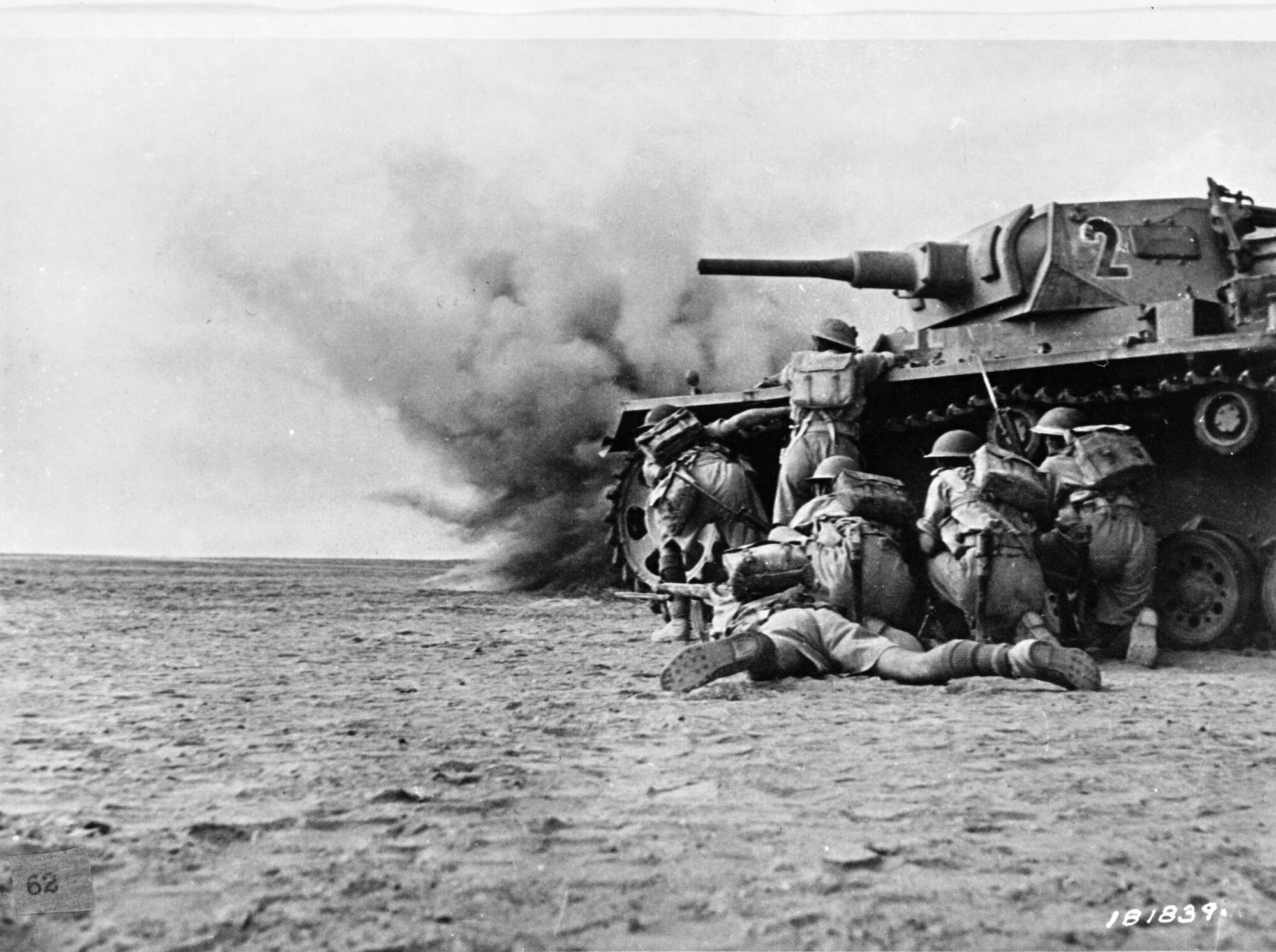
The North Africa campaign during World War II included major operations from early 1940 through the spring of 1943 as Allied forces fought Axis armies of Fascist Italy and Nazi Germany. For the Allies, victory in North Africa was critical for control of the Mediterranean Sea and future offensive operations in Italy. Axis forces hoped to dominate the Mediterranean and seize British-held Egypt, the Suez Canal, and potentially the oil fields of the Middle East. The Allies were victorious in North Africa campaign, and the defeat of Axis forces at the Battle of El Alamein was a turning point during World War II.

North Africa
Since the end of World War II, the aviation press has made the North American P-51 Mustang into the superstar Allied fighter of the war. Read more
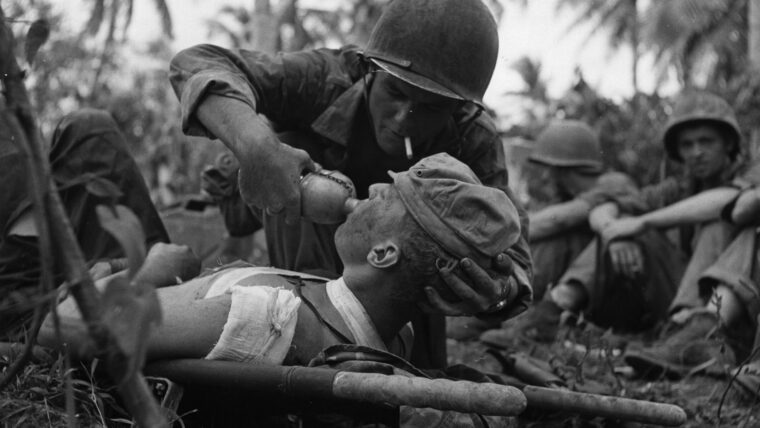
North Africa
For centuries wounded soldiers of every nation were responsible for much of their own care. Medical attention was primitive and often not a high priority for military planners beyond the officer corps. Read more
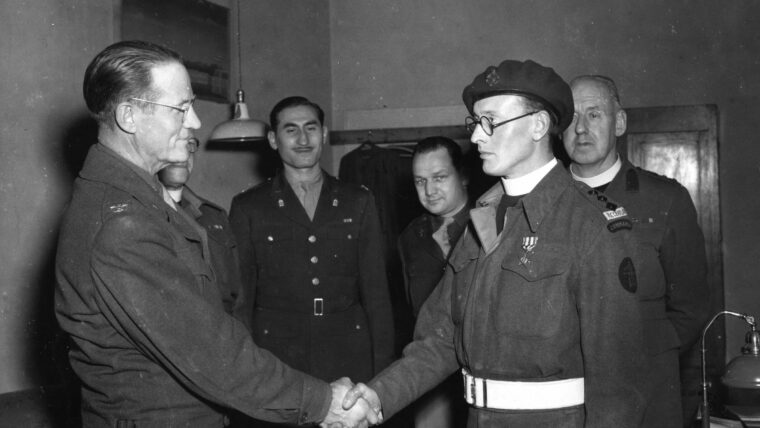
North Africa
One day shortly after the Battle of El Guettar in central Tunisia in March 1943, Colonel William O. Read more
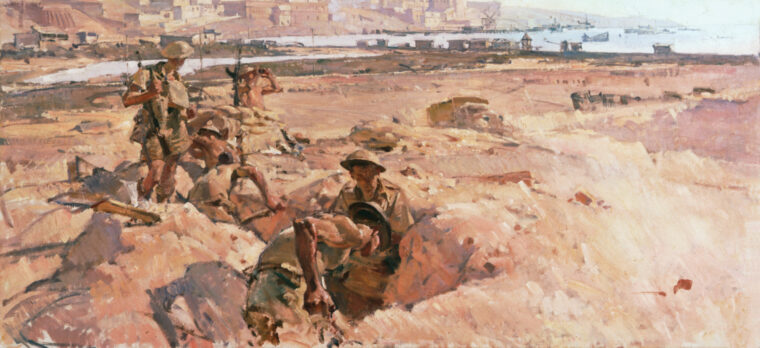
North Africa
John Hurst Edmondson, known to his friends as Jack, died April 14, 1941, lying on the concrete floor of a sand-swept fighting outpost in the perimeter around Tobruk, Libya. Read more
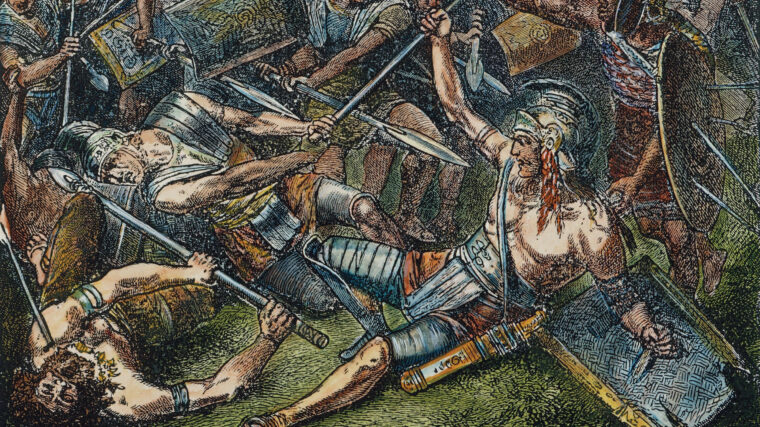
North Africa
In the spring of 73 bc, Thracian gladiator Spartacus decided that the time was right to attempt an escape. Read more
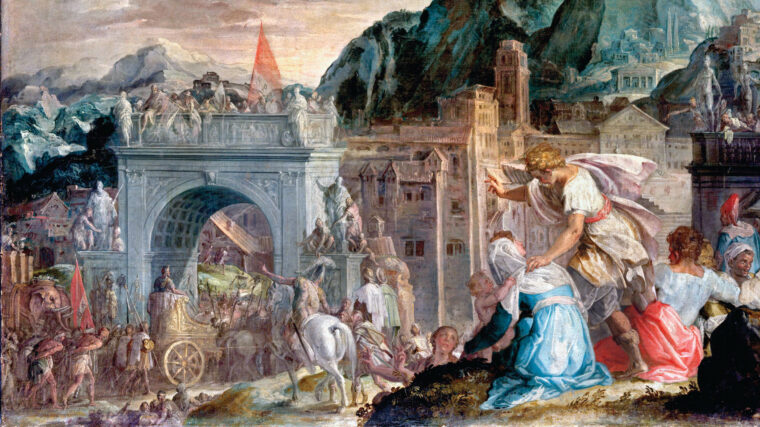
North Africa
Jugurtha, king of the desert nation of Numidia, was a long-time antagonist of Republican Rome. Over more than a decade of war, he was a bold and cunning battlefield commander who used swiftness and determination to make fools of Roman consuls, even as the Romans were systematically conquering his country. Read more
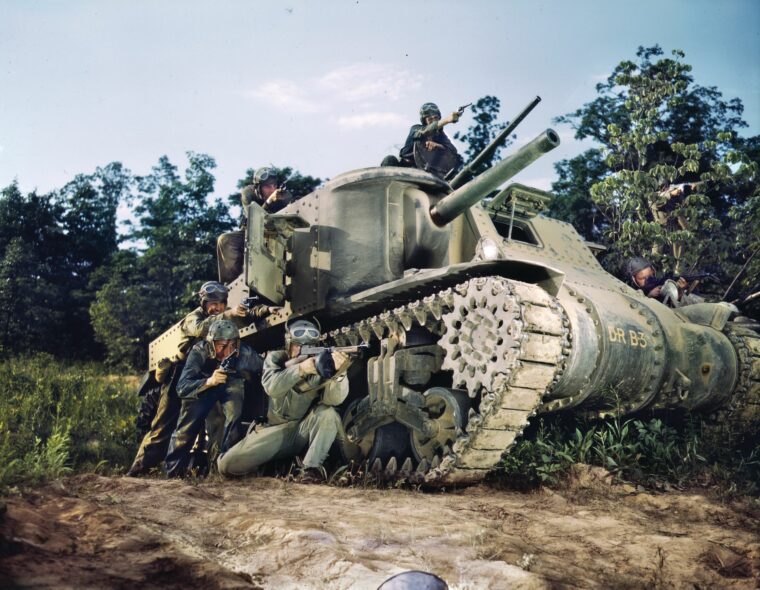
North Africa
The United States had not yet entered World War II when Time magazine noted that the Army had created two new armored divisions. Read more
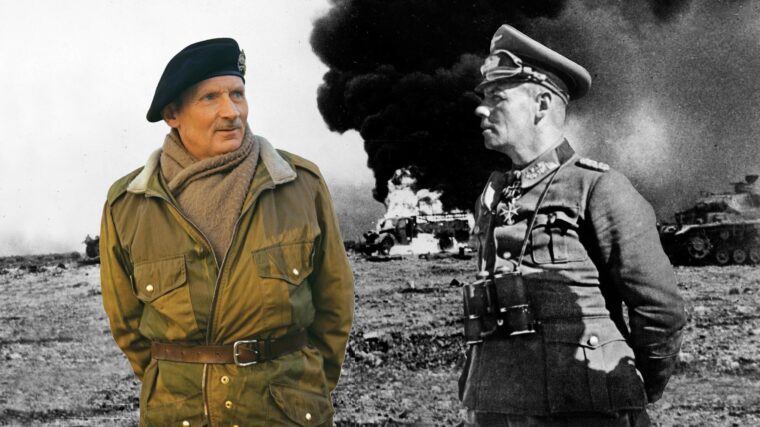
North Africa
The famous retreat of the “Desert Fox” Erwin Rommel across North Africa following his defeat at the Second Battle of El Alamein in 1942 was less a retreat than a series of stubborn battles to hold ground. Read more
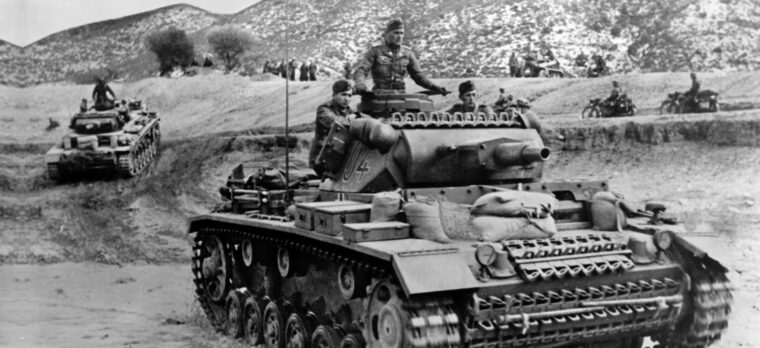
North Africa
Ignoring the swirling sands stirred up by the fierce winds of the Sahara Desert in the early morning hours of February 14, 1943, Generalleutnant Heinz Ziegler ordered his panzer columns forward to attack the American forces deployed in central Tunisia. Read more
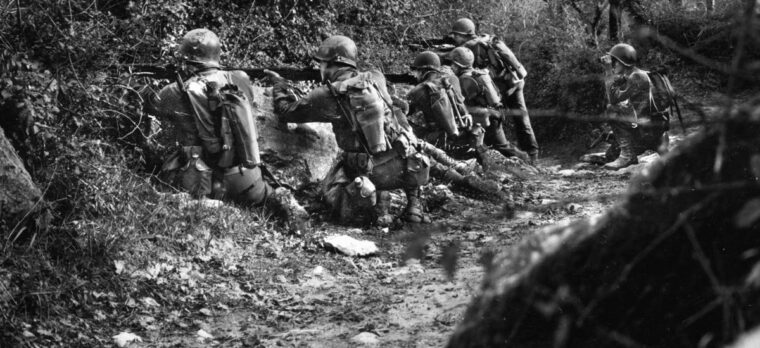
North Africa
On the morning of Friday, February 18, 1944, fresh groups of German panzergrenadiers backed by tanks swept south from their defensive positions at Anzio and overran American forward positions at Aprilia, eight miles north of the landing beaches. Read more
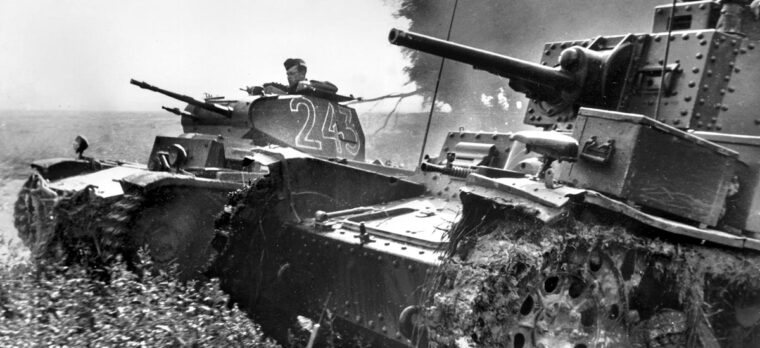
North Africa
The name Field Marshal Erwin Rommel—associated with tank warfare in Europe and North Africa during World War II—might conjure up mental images of the famous “Desert Fox” riding in a panzer, reviewing maps, or commanding battles. Read more
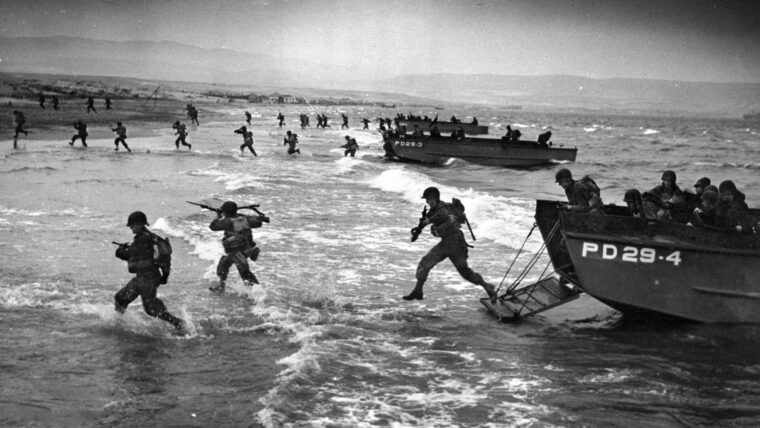
North Africa
Coming after a series of bitter defeats from France to Norway to Crete, news of the Japanese attack on Pearl Harbor and America’s entry into World War II was one of the early high points of Prime Minister Winston Churchill’s leadership years. Read more
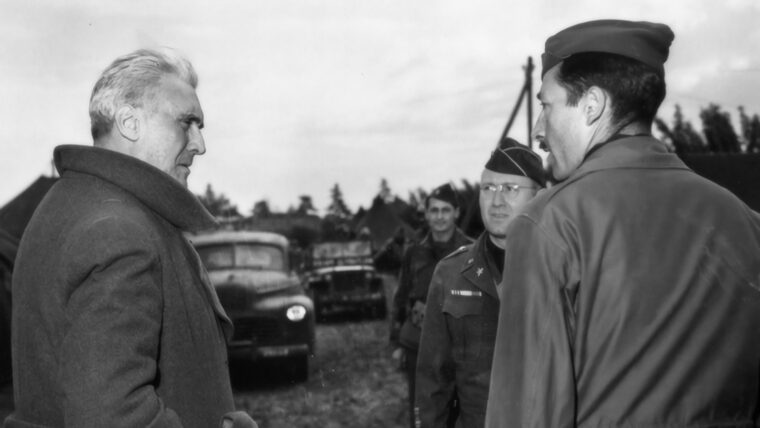
North Africa
The town of Affile in Italy’s Lazio region erected a mausoleum to Italian Army Marshal Rodolfo Graziani in August 2012. Read more
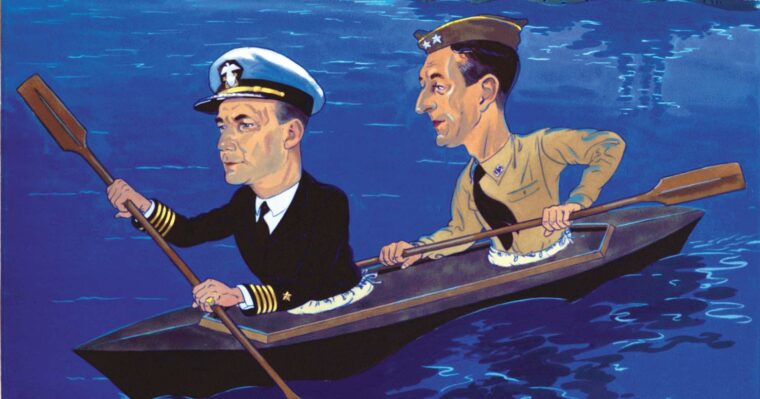
North Africa
The five Americans were trapped in a small, dark, empty wine cellar in an isolated French villa on the coast of Algiers. Read more
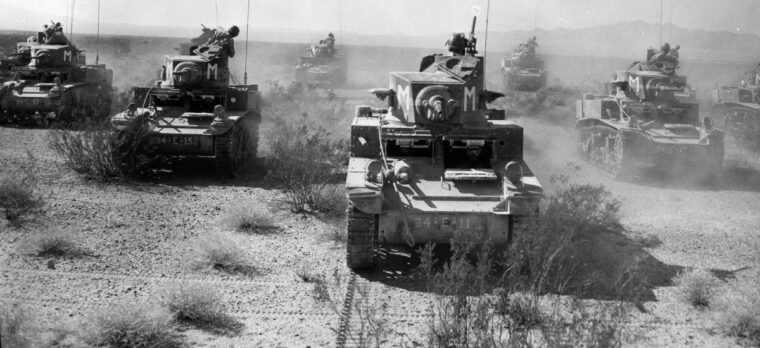
North Africa
Major General George S. Patton, Jr. had no patience for soldiers disobeying the rules of combat at his Desert Training Center in Southern California. Read more
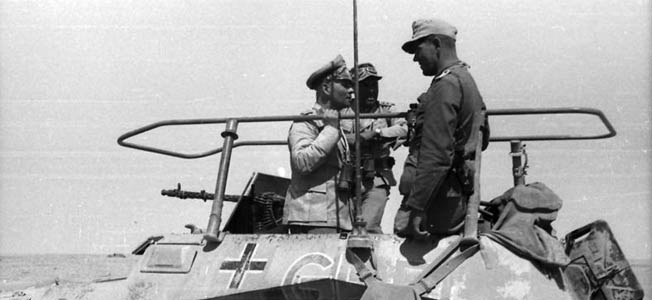
North Africa
By the time of the Crusader battles in late 1941, the German panzer forces in North Africa had developed a sophisticated combined-arms doctrine. Read more
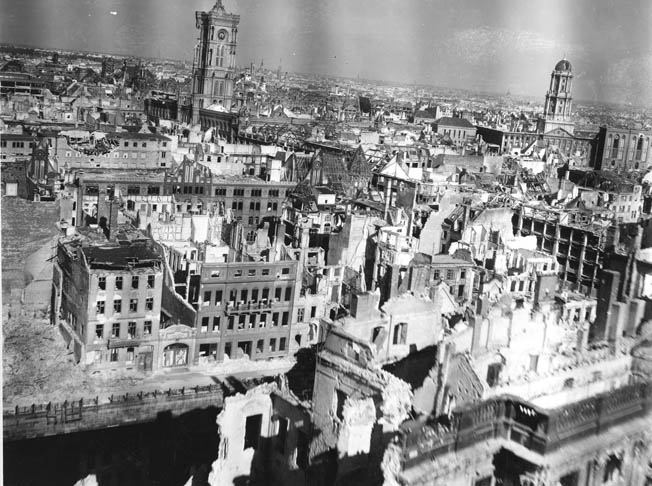
North Africa
World War II spanned six long years from 1939 to 1945. The Allied powers, principally The United States, Great Britain, and the Soviet Union, defeated the Axis powers, led by Nazi Germany, Imperial Japan, and Fascist Italy. Read more
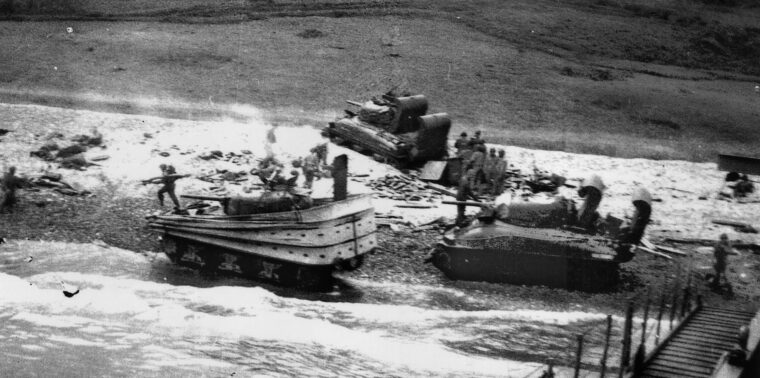
North Africa
To Colonel Edson Raff, jumping out of a plane was “like getting out of the bed in the morning.” Read more
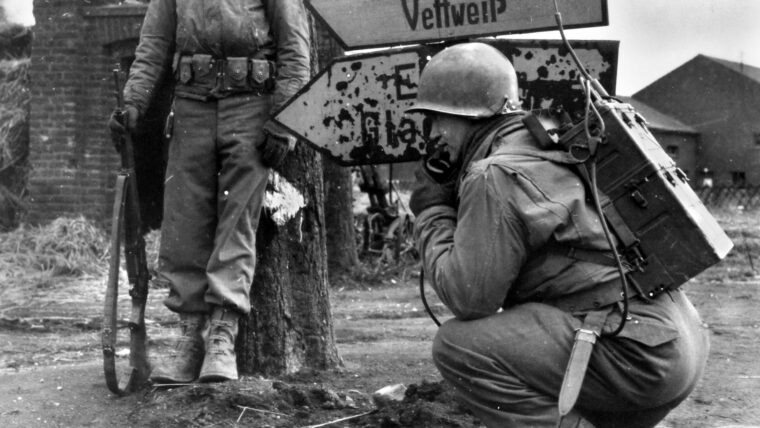
North Africa
Early in 1945, in the Northern Appenine mountains of Italy, T/5 Harvey, a radioman with the 10th Mountain Division, is carrying his WW2 radio backpack, the ever-handy SCR-300, into combat for the first time. Read more
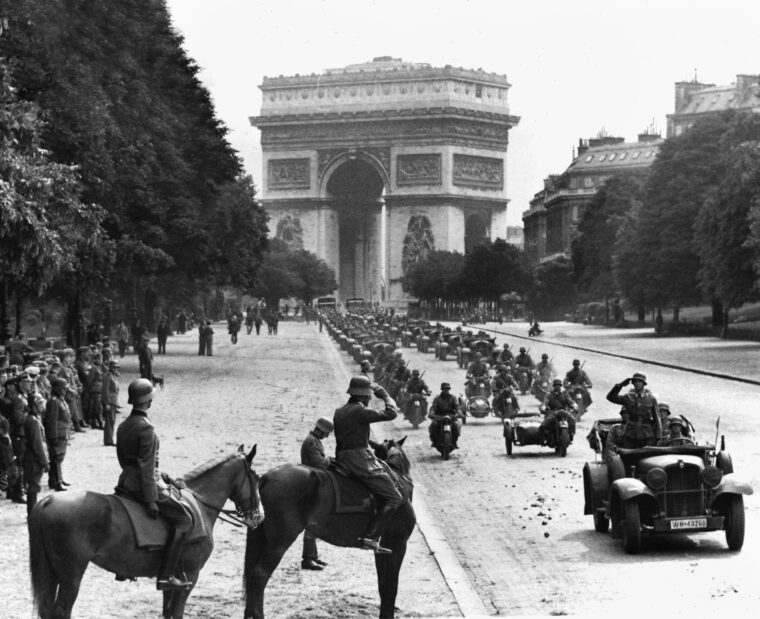
North Africa
Early in June 1940, refugees from northern France and the low Countries who had flooded Paris in May fled with the residents of the city as the German advance neared. Read more